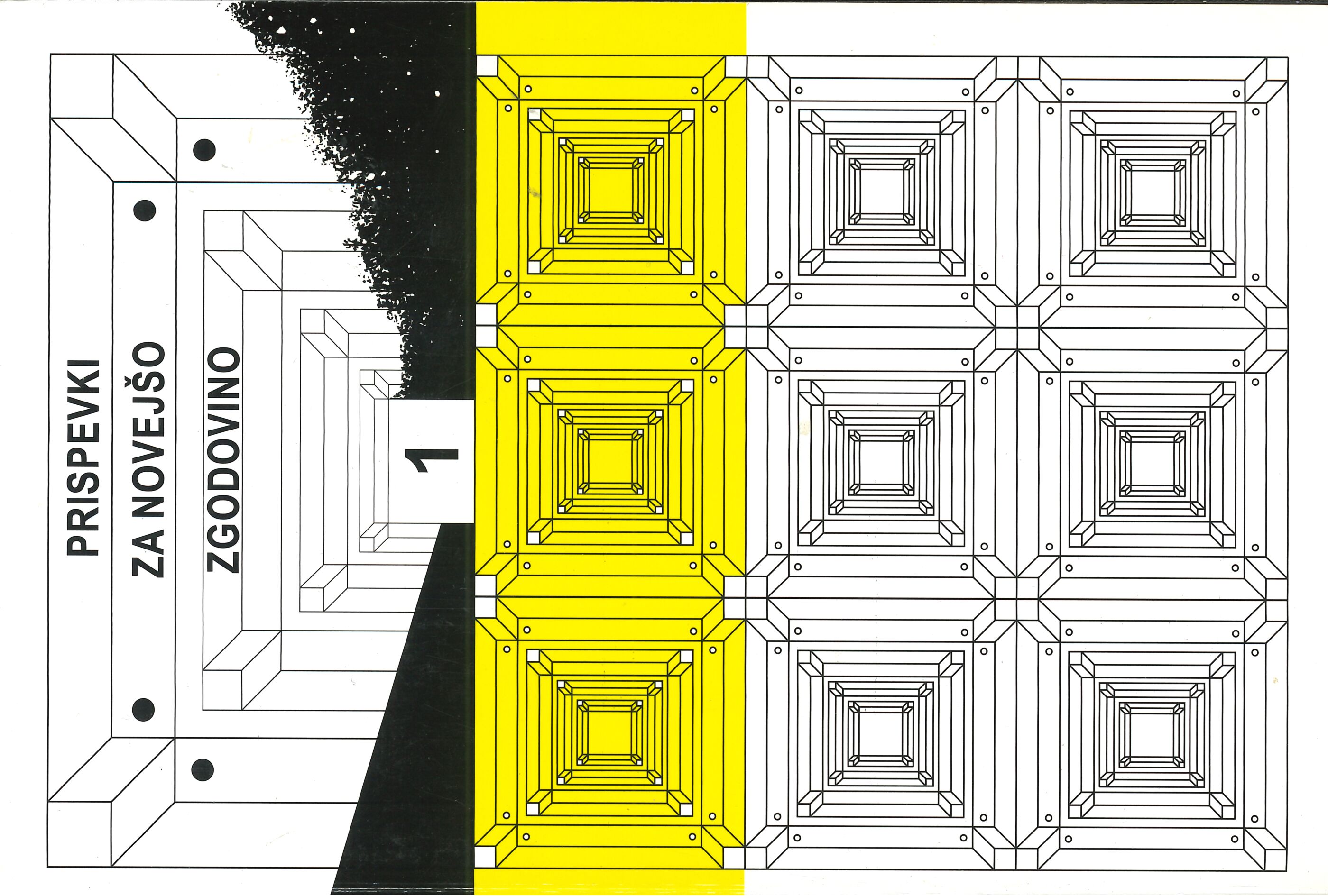Z vzgojo do največje možne sreče ljudstva: nekaj poudarkov iz zgodovine »razsvetljevanja ljudstva« na Slovenskem v 18. in v prvi polovici 19. stoletja
Keywords:
Slovenia, Slovenes, enlightenment, education, agricultureAbstract
EDUCATING THE PEOPLE TO ENSURE THEIR GREATEST POSSIBLE HAPPINESS: A FEW EMPHASES FROM THE HISTORY OF »ENLIGHTENING THE PEOPLE« IN SLOVENIA IN THE 18TH AND THE FIRST HALF OF THE 19TH CENTURY
The unshakeable faith in educability and the need to educate people was in the centre of the emancipation concepts of the 18th-century enlightenment. Therefore the 18th-century intellectuals wanted to spread their ideas among the widest possible circle of people. In the context of their widespread campaign of accustoming the population to work, diligence and prudent economy, increasing amounts of attention were paid to the education of the people. Also in Slovenia we encounter enlightenment-oriented intellectuals from the ranks of nobility, bureaucracy, clergy and wealthy bourgeoisie, who were convinced that through education and schooling the people could be liberated from the chains of ignorance and that a more rational social order could be established, allowing everybody to achieve the »greatest possible happiness«. In the 1770s Ljubljana became the centre of the new spirit. In his case study the author of the article focuses on some of the more prominent members of the 18th-century enlightenment (Campe, Becker, Franklin), underlines the educational and pedagogical importance of their works, and explores the reception and translations of their works in Slovenia. Besides being an inspiration in other areas, Benjamin Franklin suppo- sedly also influenced the publication of Velika pratika (1795–97), which Valentin Vodnik was encouraged to work on by one of the most notable intellectuals at the time, Žiga zois. Of course, the exceedingly low literacy rate at the time presented a serious obstacle to the dissemination of in- formation in the Slovenian language. Therefore priests were especially important as intermediaries between the printed word and the people.
Downloads
Published
Issue
Section
License
Authors who publish with this journal agree to the following terms:
- Authors retain copyright and grant the journal right of first publication with the work simultaneously licensed under a Creative Commons Attribution License that allows others to share the work with an acknowledgement of the work's authorship and initial publication in this journal.
- Authors are able to enter into separate, additional contractual arrangements for the non-exclusive distribution of the journal's published version of the work (e.g., post it to an institutional repository or publish it in a book), with an acknowledgement of its initial publication in this journal.
- Authors are permitted and encouraged to post their work online (e.g., in institutional repositories or on their website) prior to and during the submission process, as it can lead to productive exchanges, as well as earlier and greater citation of published work (See The Effect of Open Access).


